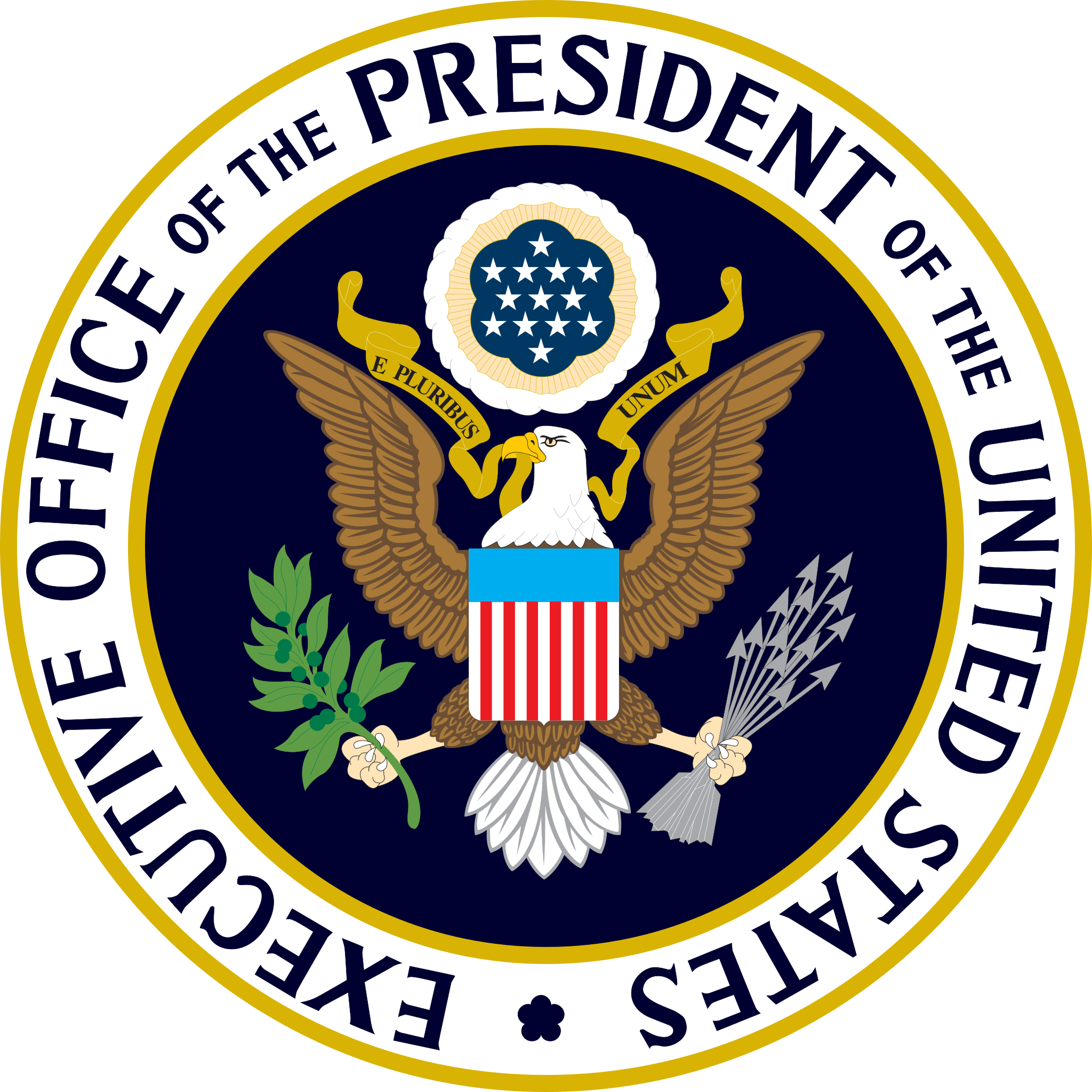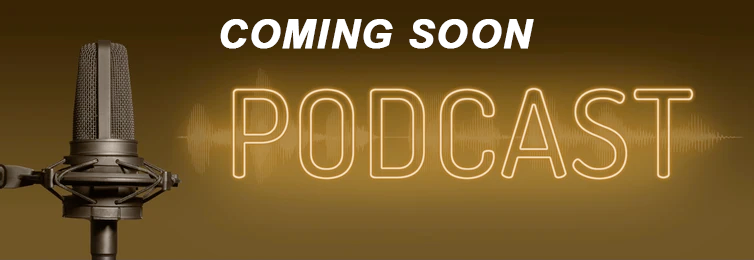
What does it take to become president?
Welcome to our blog post on what it takes to become the President of the United States! Have you ever wondered about the responsibilities, qualifications, and challenges faced by those who hold the highest office in the land? If so, you’re in for a treat. In this article, we’ll dive deep into the world of presidential politics and explore everything from campaign strategies to historical trivia. So grab your popcorn and let’s get started on this exciting journey into the realm of presidents past, present, and future!
The President’s Role and Responsibilities
As the highest-ranking official in the United States government, the President holds a significant role and carries numerous responsibilities. The President is not only the head of state but also serves as the chief executive, commander-in-chief, and chief diplomat.
One of the primary roles of the President is to execute and enforce laws passed by Congress. This involves overseeing various federal agencies and ensuring they are functioning efficiently. Additionally, the President has the power to veto legislation if it does not align with their vision or goals for the country.
The President’s responsibility as commander-in-chief entails making crucial decisions regarding national security and military actions. They work closely with defense officials to protect citizens from threats both at home and abroad. This includes deploying troops, addressing conflicts, and maintaining strong relationships with allies.
Furthermore, diplomacy plays a vital role in a President’s responsibilities. They engage in international relations by meeting with world leaders, negotiating treaties, and representing our nation on a global scale. These efforts aim to foster cooperation, resolve disputes peacefully, promote democracy around the world while protecting American interests.
In addition to these core roles, the President also has the responsibility to address domestic issues such as the economy, healthcare, education, and social welfare. They work with Congress to shape policies and initiatives that will benefit the American people. President also takes part in shaping domestic policy initiatives such as healthcare reform, environmental protection, immigration reform, economic policies, and environmental regulations.
Overall, the position requires exceptional leadership skills, the ability to make tough decisions, and a deep understanding of domestic and international issues alongside effective communication abilities to inspire hope, and unite the country.
Qualifications to Become President
Being the President of the United States is no easy task. It requires a set of qualifications that not everyone possesses. To become president, one must meet certain criteria outlined in the U. S. Constitution.
First and foremost, a person must be a natural-born citizen of the United States. This means they were born on American soil or to American parents abroad. Additionally, they must be at least 35 years old when taking office and have been a resident of the country for at least 14 years.
These requirements ensure that only individuals with deep roots in America and an understanding of its values can hold such a high position of power. They also aim to prevent foreign influences from infiltrating our government.
Furthermore, becoming president requires more than just meeting these qualifications; it also demands exceptional leadership skills and knowledge of public policy issues. Candidates must possess qualities like charisma, intelligence, and strong communication skills to effectively rally support from voters.
In addition to personal attributes, potential presidents often have prior experience in politics or public service. Many have served as governors, senators, or held other significant positions before running for president.
Becoming president is not something that anyone can achieve easily or without substantial dedication and preparation. The qualifications serve as gatekeepers to ensure that only those who are truly capable lead our nation forward in times of both prosperity and adversity.
The Election Process – Primary Elections, National Conventions, General Elections
The road to the presidency is a rigorous one. It starts with primary elections, where candidates from each political party compete within their own ranks. These primaries play a crucial role in determining who will ultimately represent each party in the general election.
During this time, candidates crisscross the country, attending rallies and debates to garner support from voters. They must strategize on how to present themselves as the best choice for their party’s nomination. The primary season can be grueling for candidates as they face tough competition and try to appeal to diverse voter bases.
Once the primaries are over, it’s on to national conventions. Here, delegates from each state come together to officially nominate their party’s candidate for president. These conventions are marked by speeches and celebrations but also by backroom negotiations and deal-making.
Finally comes the general election – when all eligible citizens cast their votes for president. Candidates use various campaigning methods such as television ads, social media outreach, and town hall meetings to reach out directly to voters across the nation.
Throughout this process, fundraising plays a pivotal role in financing campaigns. Candidates rely on donations from individuals and organizations to fund their advertising efforts and campaign events.
The presidential election process is complex yet captivating. From navigating through primary elections and national conventions to engaging in fierce campaigning strategies during general elections – becoming President of the United States requires ambition, dedication, and a keen understanding of how politics work.
Campaigning Strategies and Fundraising
When it comes to running for president, campaigning strategies and fundraising play a crucial role in determining the success of a candidate. With so much at stake, candidates need to carefully plan their campaign strategy and find effective ways to raise funds.
One common strategy is grassroots organizing. This involves building a strong network of volunteers who can help with everything from door-to-door canvassing to phone banking. By mobilizing supporters on the ground, candidates can make meaningful connections with voters and spread their message effectively.
Another important aspect of campaigning is utilizing social media platforms. In today’s digital age, candidates must have a strong online presence to reach a wider audience. Social media provides an opportunity for candidates to connect directly with voters, share updates about their campaign, and engage in real-time conversations.
Fundraising is another critical component of any presidential campaign. Candidates need substantial financial resources to cover expenses such as advertising, travel costs, and staff salaries. They often host fundraisers where they can solicit donations from individuals or organizations that support their cause.
In recent years, crowdfunding has also become increasingly popular among presidential campaigns. This allows ordinary citizens to contribute small amounts of money towards the candidate’s fundraising goal through online platforms.
However, while fundraising is essential for running a successful campaign, it also raises concerns about the influence of money in politics. Critics argue that large donations from wealthy individuals or corporations can unduly influence policy decisions once the candidate assumes office.
Overall, campaigning strategies and fundraising are integral parts of any presidential race. Candidates must navigate through various avenues, such as grassroots organizing, social media engagement, and traditional methods like hosting fundraisers.
While these strategies may differ depending on individual campaigns, the ultimate goal remains the same: to reach as many voters as possible and secure enough funding to ensure viability throughout the election process.
Historical Facts and Trivia about U.S. Presidents
Presidents have always held a certain fascination for the American public, and it’s no wonder given their unique place in history. Did you know that George Washington, our first president, was not only a leader but also an accomplished surveyor and farmer? Or that Abraham Lincoln is the only president to hold a patent?
Speaking of interesting tidbits, Thomas Jefferson had quite the collection of books – over 6,000 volumes! And Teddy Roosevelt was not just known for his rugged masculinity; he also won the Nobel Peace Prize in 1906.
Moving closer to modern times, John F. Kennedy remains one of the most beloved presidents despite his tragically short time in office. His famous quote “Ask not what your country can do for you; ask what you can do for your country” still resonates today.
Another fascinating fact: Barack Obama made history as the first African-American president. But did you know he collects Spider-Man comics? Talk about superpowers!
These historical facts and trivia show us that presidents are more than just figures on currency or names etched into history books. They are complex individuals with diverse backgrounds and interests who have left indelible marks on our nation.
And there’s so much more to learn! From Franklin D. Roosevelt serving four terms to Donald Trump being a reality TV star before entering politics – every presidency brings its own unique stories and moments.
So whether it’s exploring presidential libraries or diving deep into biographies, immersing ourselves in these historical facts and trivia helps us better understand the complexities of leadership in America and help us to determine the best candiate for future political leadership roles.
Challenges Faced by Presidents
Being the President of the United States is no easy task. It comes with a multitude of challenges that test the leadership and decision-making abilities of even the most capable individuals.
One major challenge faced by presidents is managing a complex and ever-changing economy. They must navigate through economic downturns, inflation, unemployment rates, and trade policies to ensure stability and growth for the country.
Another challenge is maintaining national security in an increasingly volatile world. Presidents are responsible for making critical decisions on matters such as military interventions, counterterrorism efforts, nuclear weapons policies, and diplomatic relations with other countries.
Presidents also face challenges in dealing with domestic issues such as healthcare reform, education policy, climate change, immigration laws, and social inequality. These issues often divide public opinion and require careful consideration to find solutions that benefit all citizens.
Furthermore, presidents must handle political pressures from both their own party members and opposition parties. They need to build coalitions, negotiate legislation with Congress, manage public expectations while staying true to their own principles.
Lastly but not leastly , presidents must deal with intense media scrutiny every step of the way. Their words are dissected ,their actions analyzed, and their personal lives scrutinized endlessly.
This constant exposure can make it difficult for them to maintain privacy or separate personal beliefs from official duties.
In conclusion, being a president is like having your life constantly under the microscope, this position demands immense resilience, intelligence, and adaptability.
In order to effectively address these challenges, presidents rely on a strong team of advisors, a deep understanding of history, and above all, the ability to make tough decisions for the betterment of the nation.
Conclusion
Becoming the President of the United States is no small feat. It requires a unique set of qualifications, dedication, and determination. The role and responsibilities that come with being the president are immense, as this individual holds the highest office in the nation. A president must have the determination to lead a nation.
Throughout history, we have seen presidents face numerous challenges – from economic crises to international conflicts. But despite these obstacles, they have persevered and made significant contributions to our country.
The election process itself is complex and involves primary elections, national conventions, and general elections. Candidates must strategize their campaigns carefully and engage in fundraising efforts to gain support from voters.
While we may be familiar with some historical facts about past presidents or trivia surrounding them, it’s important to remember that each presidency brings its own unique set of circumstances.

